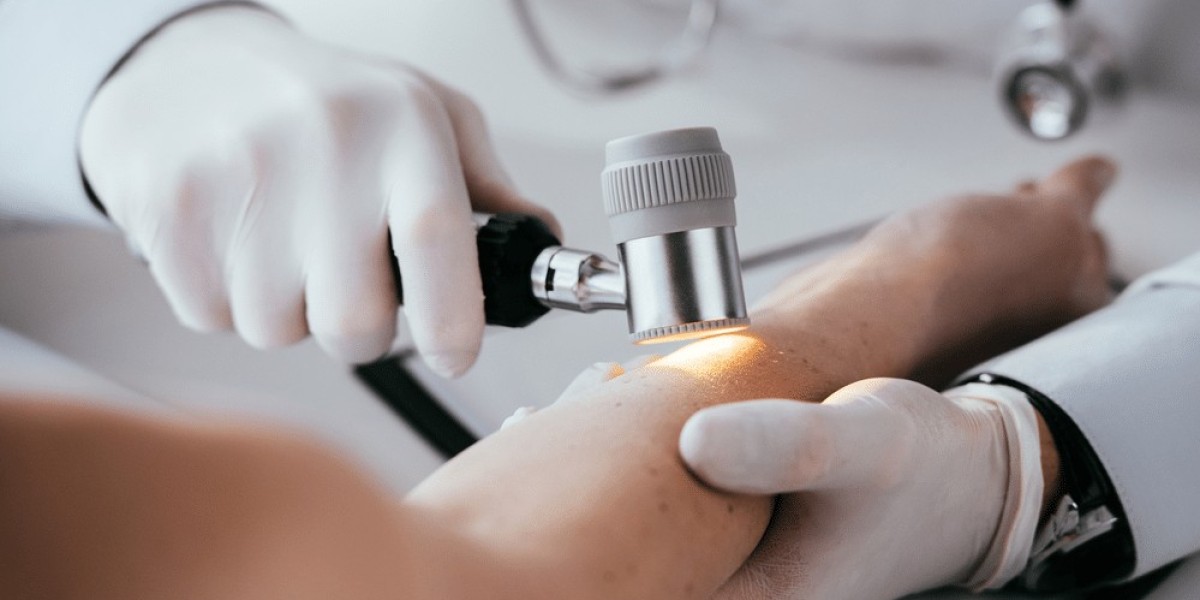Introduction
Glaucoma is a group of eye disorders that damage the optic nerve, often due to high intraocular pressure (IOP). It's a leading cause of irreversible blindness, with several variations such as open-angle glaucoma, angle-closure glaucoma, and normal-tension glaucoma. While there isn't a definitive cure for glaucoma, various treatment approaches exist to manage the condition, prevent further vision loss, and enhance the quality of life for patients.
Cure For Glaucoma: A Holistic Approach
When discussing the cure for glaucoma, it's important to understand that the term "cure" might refer to different aspects of the condition. While a complete reversal of glaucoma-related damage isn't currently possible, the focus has shifted towards holistic management strategies that combine medical, surgical, and lifestyle interventions to preserve vision and enhance overall eye health.
Medical Treatments: Slowing the Progression
One of the key goals in glaucoma management is to slow down the progression of the disease. Medications, such as eye drops, are commonly prescribed to lower intraocular pressure. These drops work by either reducing the production of aqueous humor (the fluid inside the eye) or improving its drainage. Timely and consistent use of these medications can effectively control IOP and prevent further damage to the optic nerve.
Surgical Interventions: Exploring Options
In cases where medications alone aren't sufficient, surgical interventions may be considered. Trabeculectomy, a surgical procedure that creates a new drainage channel for the aqueous humor, is a common approach. Other techniques include laser trabeculoplasty, which uses laser energy to enhance drainage, and drainage implant surgery, where a small device helps regulate IOP.
Lifestyle Modifications: Supporting Eye Health
Living a healthy lifestyle can significantly contribute to glaucoma management. Regular exercise, maintaining a balanced diet rich in antioxidants, and managing systemic conditions like diabetes and hypertension can all play a role. Additionally, avoiding smoking and limiting caffeine intake can have a positive impact on intraocular pressure.
Navigating Glaucoma Diagnosis
Diagnosing glaucoma involves a combination of comprehensive eye exams, tonometry (measuring IOP), and assessing the optic nerve's appearance. Since glaucoma often develops without noticeable symptoms in its early stages, routine eye check-ups are crucial, especially for individuals with a family history of the condition.
The Importance of Early Detection
Early detection is key to effective glaucoma management. By diagnosing the condition in its initial stages, medical professionals can implement strategies to slow down its progression and minimize vision loss. Regular eye exams, even if you don't experience any symptoms, can help catch glaucoma early and improve the likelihood of successful treatment.
Understanding the Role of Genetics
Genetics can play a significant role in determining a person's susceptibility to glaucoma. If you have a family history of glaucoma, it's important to inform your eye doctor, as this information can guide screening and monitoring efforts. While genetics can influence your risk, lifestyle factors such as diet, exercise, and smoking habits also contribute to the development of glaucoma.
Breakthrough Research: The Road to a Cure
As researchers continue to explore the complexities of glaucoma, advancements are being made in understanding its underlying causes and potential treatment avenues. Gene therapies, neuroprotective agents, and innovative surgical techniques are all areas of active investigation. While a definitive cure is still on the horizon, these advancements provide hope for improved outcomes and a brighter future for glaucoma patients.


